On April 22, the Ministry of Education and Training informed about the implementation of the Law on Vocational Education (amended), saying that it is expected to include 5 breakthrough policies in the draft Law.
According to the Ministry of Education and Training, the new policies in the draft Law on Vocational Education (amended) demonstrate the determination to comprehensively innovate, creating a breakthrough in the quality of vocational training. With the focus on innovating the system, programs, training organizations and ensuring the quality of vocational education (VET), linking with businesses as well as strong decentralization, enhancing autonomy, simplifying administrative procedures, the VET system aims to train high-quality human resources, meeting the requirements of socio -economic development in the new period.
The policies that the Ministryof Education and Training plans to develop and institutionalize in the draft Law on Vocational Education (amended) are as follows:
Innovation in vocational education system
The contents of innovation include: Forming a vocational secondary school program in vocational education, training that integrates the basic knowledge of the high school program and vocational capacity; promoting career guidance and streaming; forming a streamlined and effective network of vocational education institutions, including vocational secondary schools and colleges; expanding the system of institutions participating in vocational education activities, supplementing regulations on planning the development of colleges as national centers and regional centers for high-quality vocational training and practice; perfecting the organizational structure and improving the management capacity of vocational education institutions.
According to the Ministry of Education and Training, these are important innovations for vocational education to meet people's diverse learning needs while still ensuring connectivity, quality and effective training, and streamlining the apparatus.
Innovation in training programs, organization and quality assurance of vocational education
Innovate and diversify training programs, time, forms, methods and degrees and certificates in an open, flexible and practical direction; create conditions for people to learn throughout their lives, improve, update and transform their professional skills to adapt to changes in technology and the labor market, contributing to the shift in labor structure, improving productivity and competitiveness of the economy. Improve the quality of college training programs; expand and transfer advanced training programs, promptly update new standards and technologies in vocational education, meeting the demand for highly skilled human resources, especially in key and spearhead industries and fields for national development.
To ensure the quality and effectiveness of vocational education programs, the revised Law on Vocational Education has emphasized the consistent role of quality assurance through the establishment of an internal quality assurance (IQA) system, effective in vocational education institutions towards building a quality culture in each vocational education institution through internal monitoring mechanisms, continuous improvement and risk management, as well as building a clear legal system on the mechanism for monitoring and evaluating the quality of vocational education through external quality assurance agencies and processes.
In addition, it is necessary to continue to improve and standardize training facilities and equipment as one of the minimum quality assurance conditions that vocational education institutions must meet, as well as establish a clear legal basis for identifying and classifying teaching staff in vocational education.
Effectively attracting businesses and foreign investment in vocational education
The Law on Vocational Education will supplement the role of enterprises in vocational education, the State's policies for enterprises in participating in vocational education activities as well as the rights and responsibilities of enterprises in vocational education activities.
Along with that are policies on international cooperation, foreign investment in vocational education; policies to attract labor from enterprises to participate in teaching expanded vocational education levels and take advantage of capital resources and teaching staff from enterprises to link training with production, business and services.
Innovation in financial and investment mechanisms and policies based on quality, efficiency, publicity and transparency of vocational training institutions
The vocational education sector is strongly innovating financial mechanisms and policies to ensure training quality, improve investment efficiency and maximize social resources.
The Law's policies focus on transparency in financial management, increasing autonomy and accountability of vocational education institutions, and ensuring learners' rights through reasonable tuition fees, scholarships and financial support.
The goal is to build a modern, public, and fair vocational education system, promote reasonable student streaming, and better serve the sustainable development needs of society.
Promote decentralization, delegation of power, and improve the effectiveness of state management of vocational education.
This policy aims to institutionalize the Party and State's guidelines and policies on administrative reform, reducing business barriers and simplifying procedures.
At the same time, focus on increasing autonomy for vocational training institutions in terms of organization, personnel, finance and professional activities, and enhance accountability to the State and society.
One of the important highlights is to promote decentralization, promote the role of the head, combine the "pre-control" and "post-control" mechanisms, especially for specific industries such as medicine and pharmacy. In addition, the policy also focuses on simplifying investment conditions and reducing administrative procedures to create a favorable environment for vocational education to develop.
With two main contents of stronger decentralization for training institutions and streamlining legal regulations, this policy promises to bring higher management efficiency, contributing to improving the quality of vocational training, meeting the human resource needs of society.
Source: https://nhandan.vn/bo-giao-duc-va-dao-tao-nhieu-chinh-sach-dot-pha-trong-luat-giao-duc-nghe-nghiep-sua-doi-post881604.html


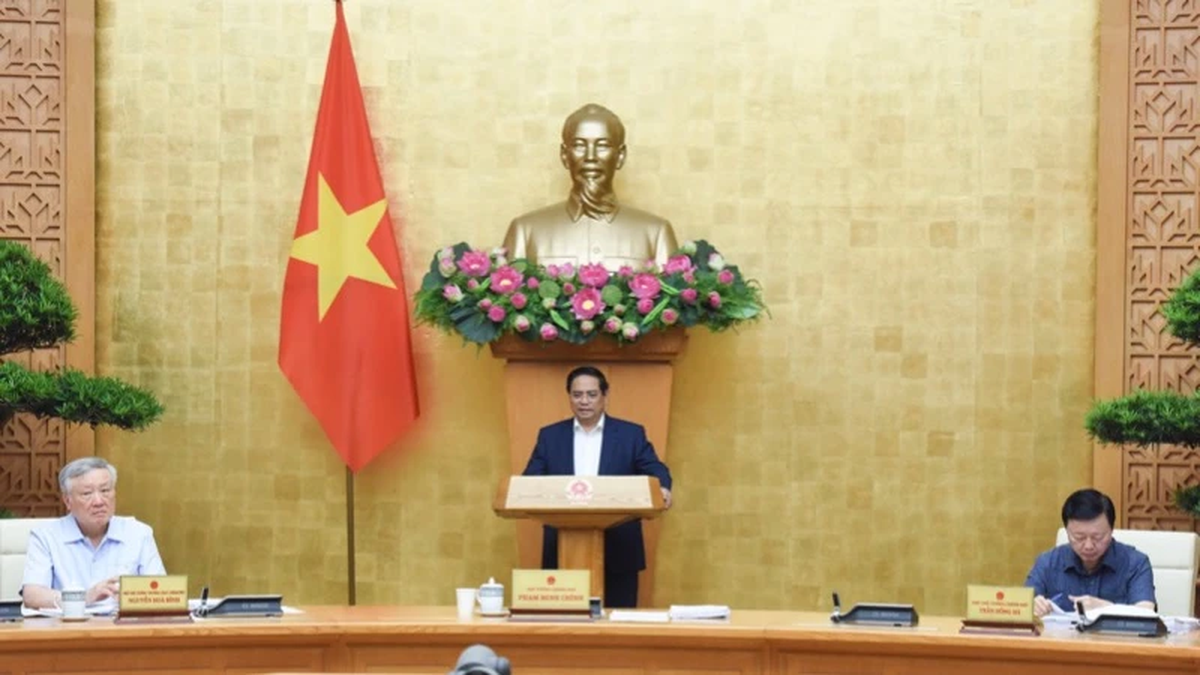
![[Photo] General Secretary To Lam chairs a working session with the Central Internal Affairs Commission](https://vphoto.vietnam.vn/thumb/1200x675/vietnam/resource/IMAGE/2025/5/22/3b7790f499da45b2803d8ae253207ef1)



![[Photo] Prime Minister Pham Minh Chinh chairs the Government's special meeting on law-making in May](https://vphoto.vietnam.vn/thumb/1200x675/vietnam/resource/IMAGE/2025/5/22/1c880aae96fd4e0894abc47a46fe19ba)
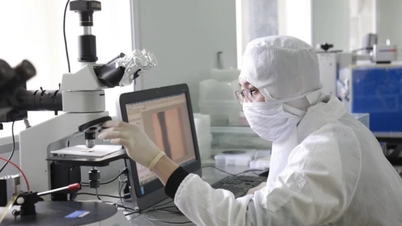
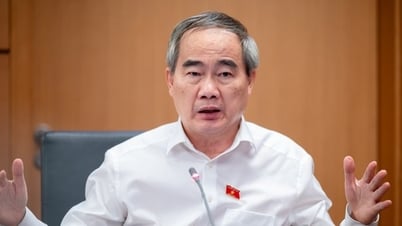

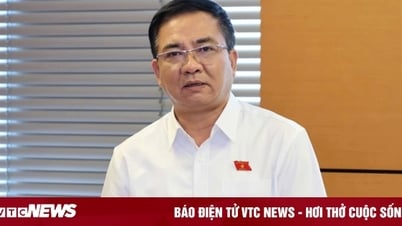

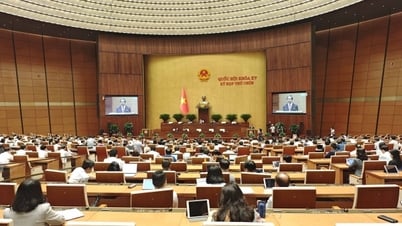



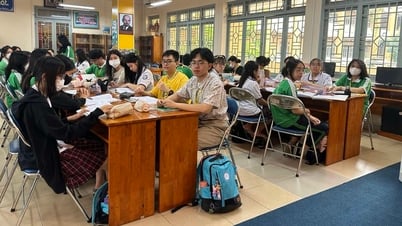





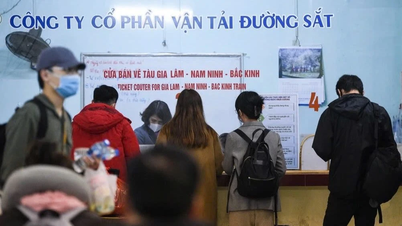
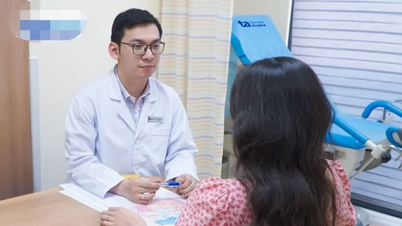
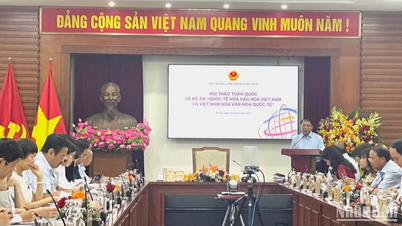
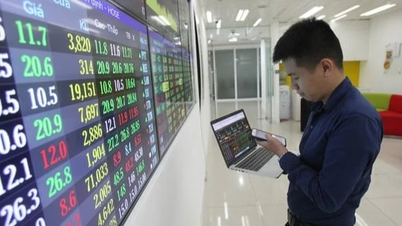










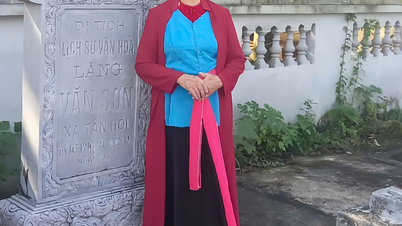














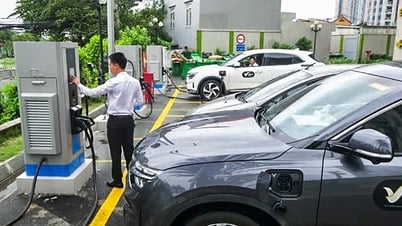
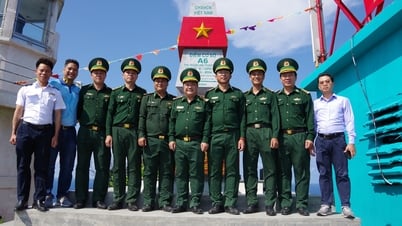












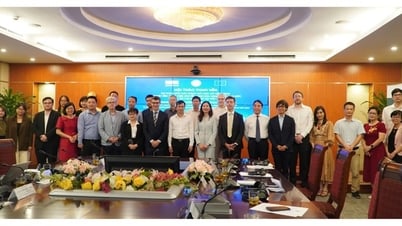


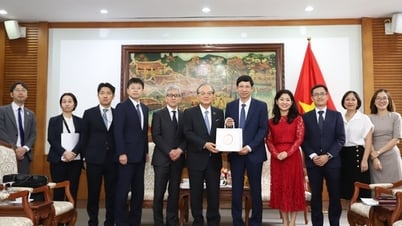
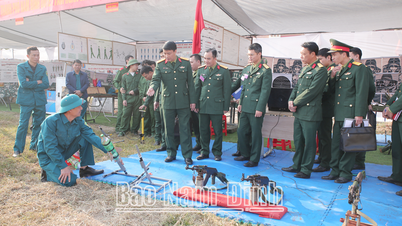

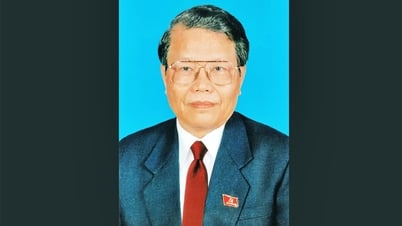

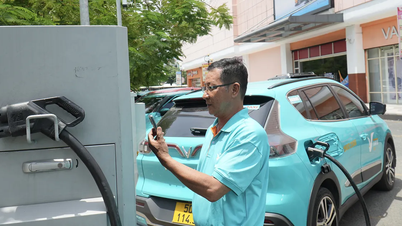

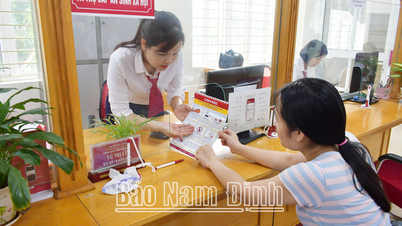





![[Podcast] Week introducing more than 500 OCOP products in Hanoi](https://vphoto.vietnam.vn/thumb/402x226/vietnam/resource/IMAGE/2025/5/22/d144aac2416744718388dbae3260e7fd)






Comment (0)